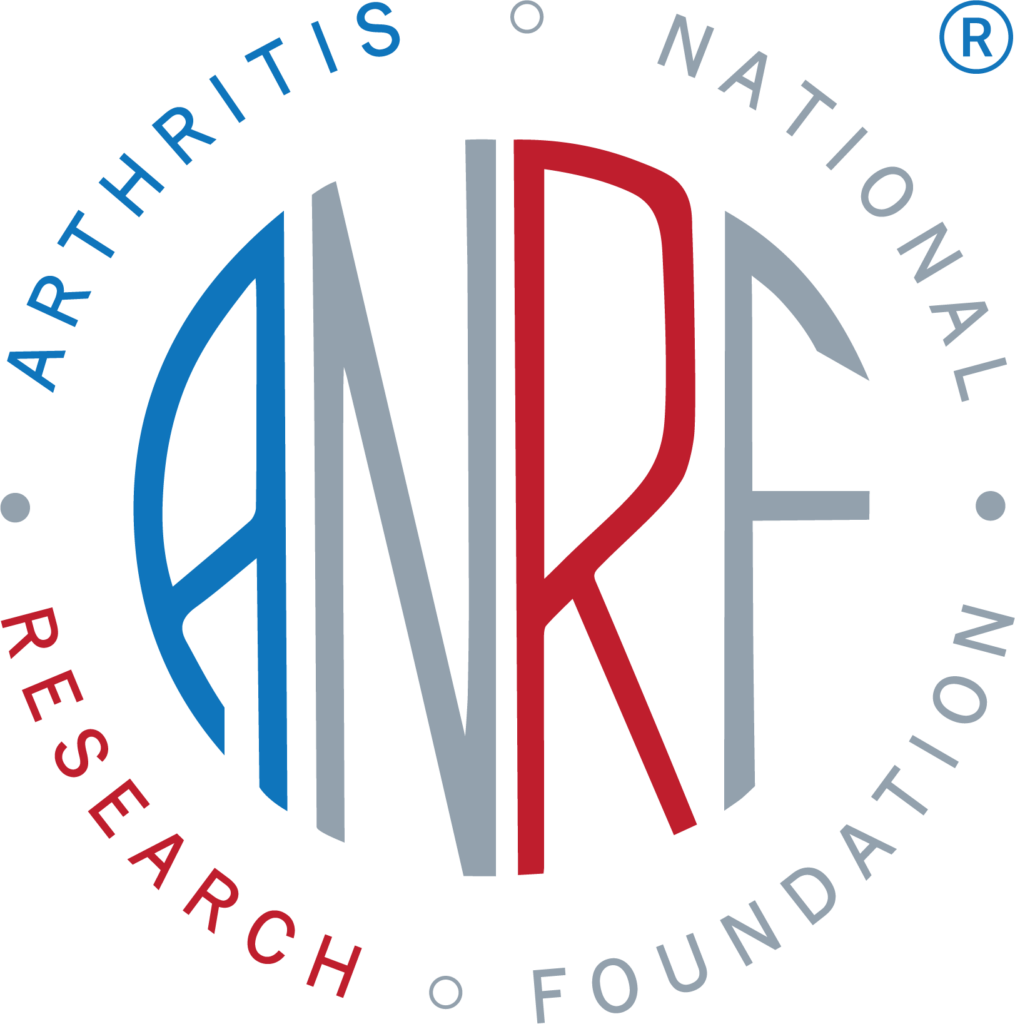New OA Therapy Could Halt Cartilage Destruction

Osteoarthritis (OA), the most common rheumatic disease, is the major cause of disability in the U.S. It is critical to broaden our understanding of articular cartilage at different stages of the disease to better understand OA’s development and progression.
Recently a specific cell surface receptor, discoidin domain receptor 2 (DDR2), has been identified in cartilage cells (chondrocytes). DDR2 binds to collagen in the cartilage and releases an enzyme that causes progressive damage to joint cartilage. This mechanism may play a key role in the development and progression of OA.
Dr. Sunk’s project aims to verify the role of DDR2 in an animal model of OA. Blocking DDR2 may give us opportunities of intervention that will slow down or even halt cartilage destruction. If effective, this will maximize the quality of life and independence for the increasing number of people with OA.





